TUCSON, Ariz. (13 News) — With President Donald Trump’s “Big Beautiful Bill” now signed into law, southern Arizona families with disabled loved ones are bracing for potential changes to their Medicaid coverage.
The bill introduces new work requirements and increased out-of-pocket costs, raising serious concerns for families already stretched thin by the demands of caregiving.
Among those worried is Steve Freeman, whose 28-year-old daughter, Dominique, has autism, Down syndrome, and obstructive sleep apnea. She requires around-the-clock care, making their family’s dependence on Medicaid critical.
“They’ve shown us that they don’t care about individuals with disabilities and families like ours across this state,” Freeman said.
The law mandates that, beginning December 2026, able-bodied adults on Medicaid must work at least 80 hours a month. While the bill does include exemptions for individuals with serious medical conditions or dependents, it remains unclear how states like Arizona will determine eligibility—leaving families like the Freemans in limbo.
Earlier this week, Arizona Gov. Katie Hobbs warned the state lacks the resources to fill the gap if federal funding is reduced for AHCCCS, Arizona’s Medicaid program.
“Congress just sold out hundreds of thousands of Arizonans who will lose their healthcare and the ability to put food on their family’s table,” Hobbs posted on X. “The devastating impact of this bill cannot be overstated.”
Despite widespread concerns, Rep. Juan Ciscomani, who represents parts of southern Arizona, voted in favor of the bill. He defended the decision, stating:
“(The bill) cracks down on fraud and abuse in Medicaid through common-sense work requirements and better eligibility checks. These steps help ensure Medicaid’s solvency so that it continues to serve our most vulnerable.”
But for Freeman and others in similar situations, Ciscomani’s support of the bill feels like a betrayal.
“We’re watching,” Freeman said. “We’re going to make sure the voters in Arizona remember that.”
As the policy takes shape, families are left navigating uncertainty, unsure of how—and if—the exemptions will protect their most vulnerable members.

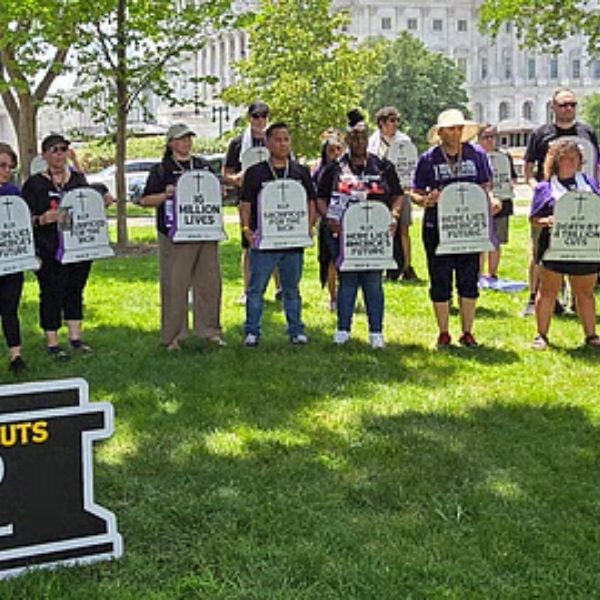

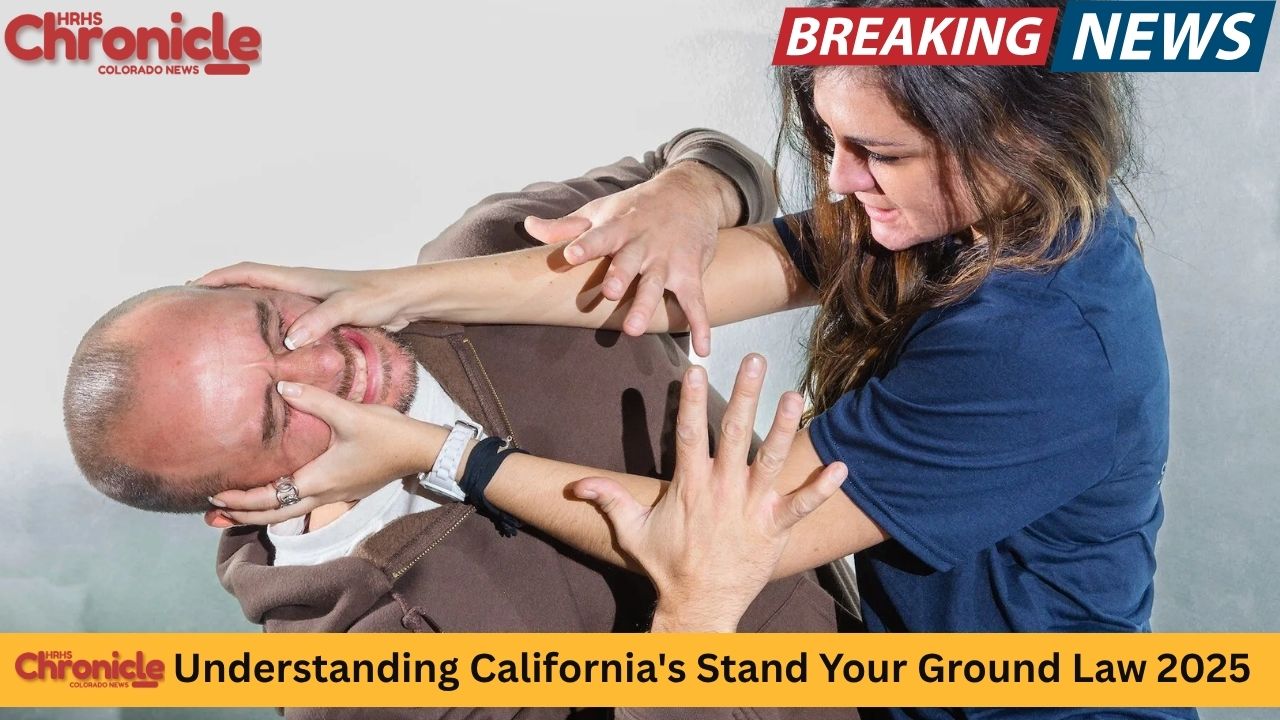





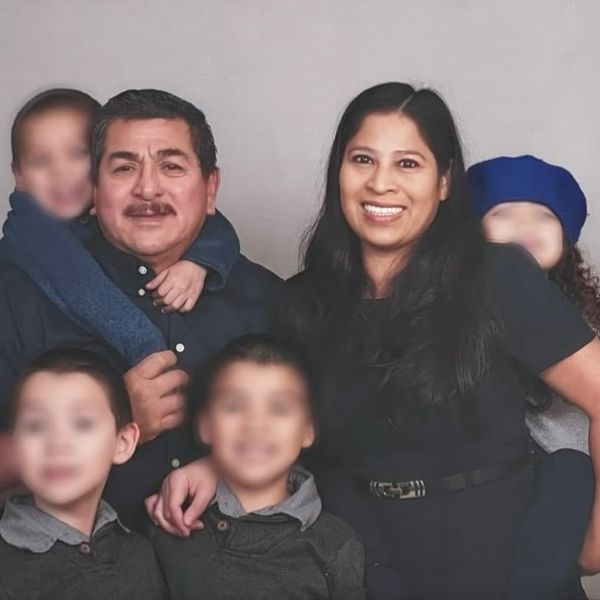
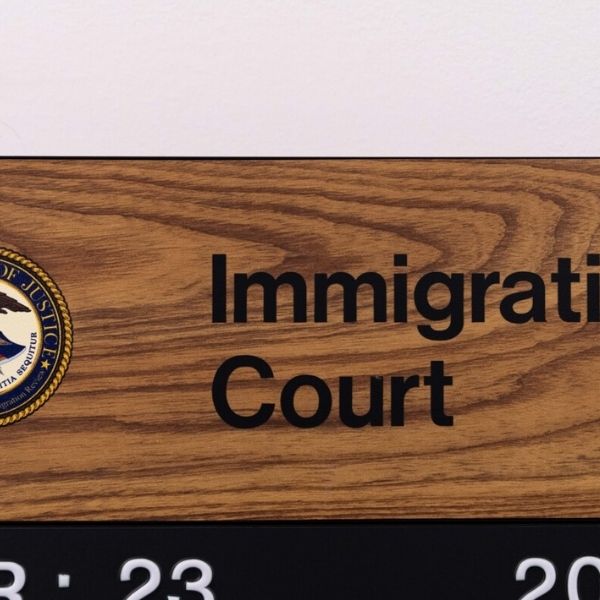

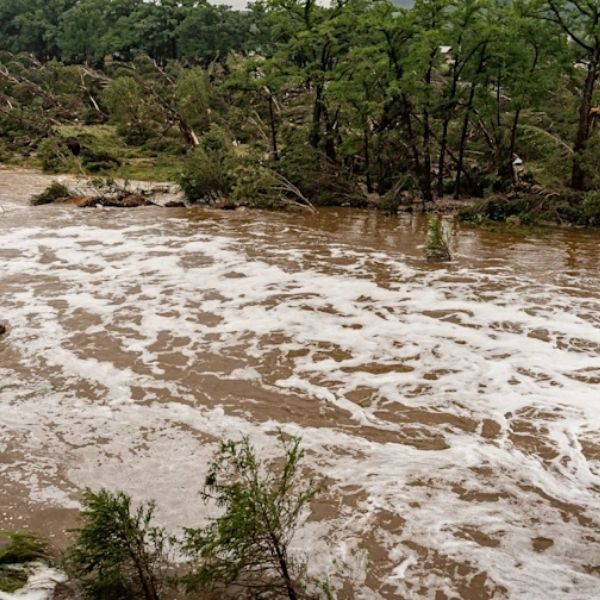



Leave a Reply